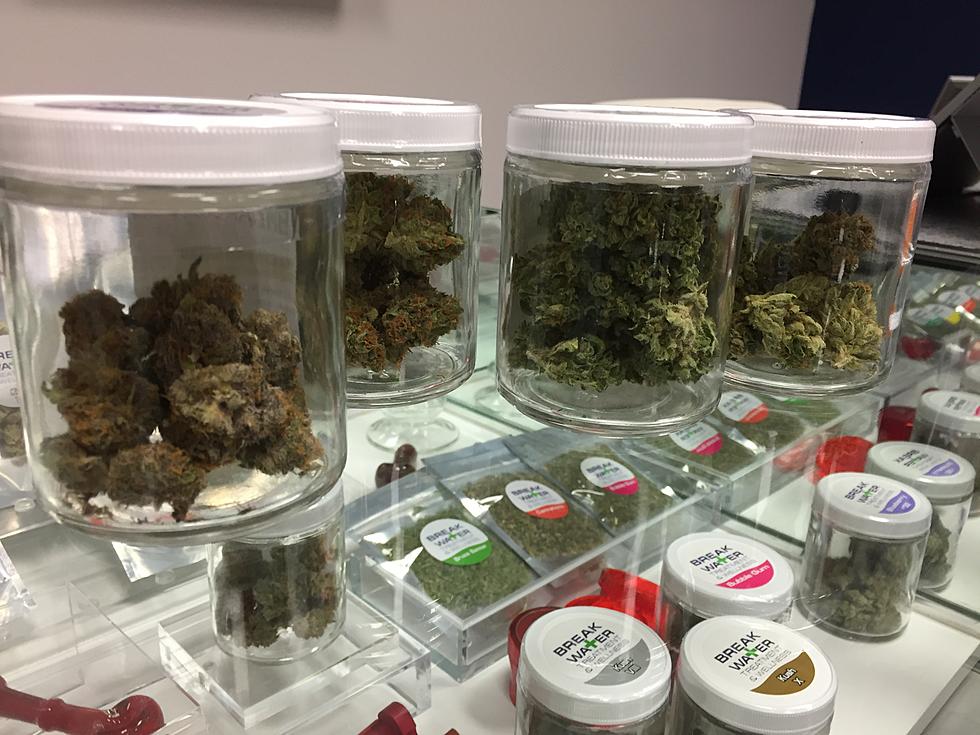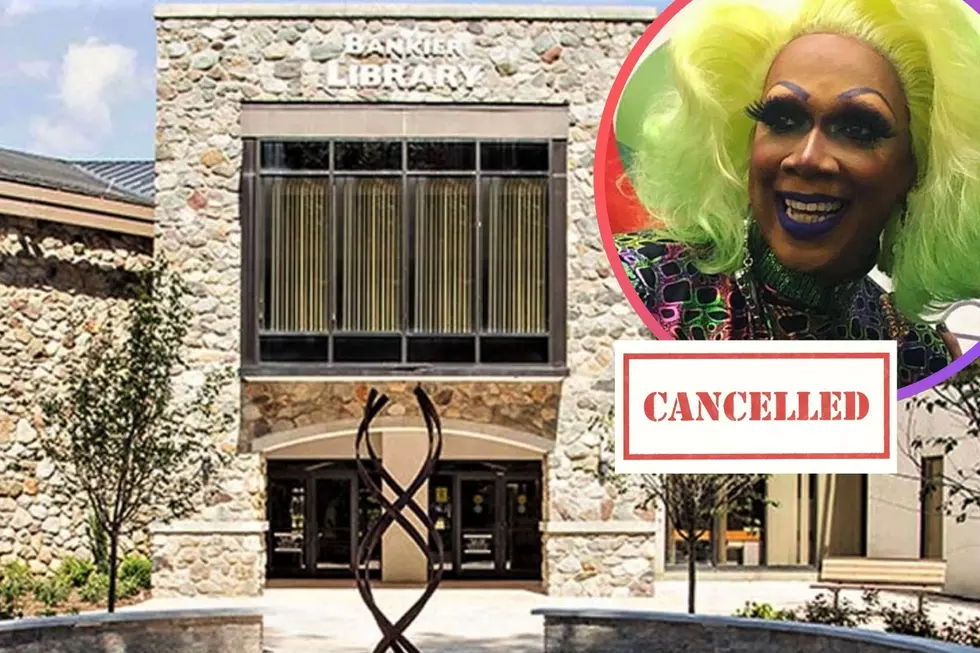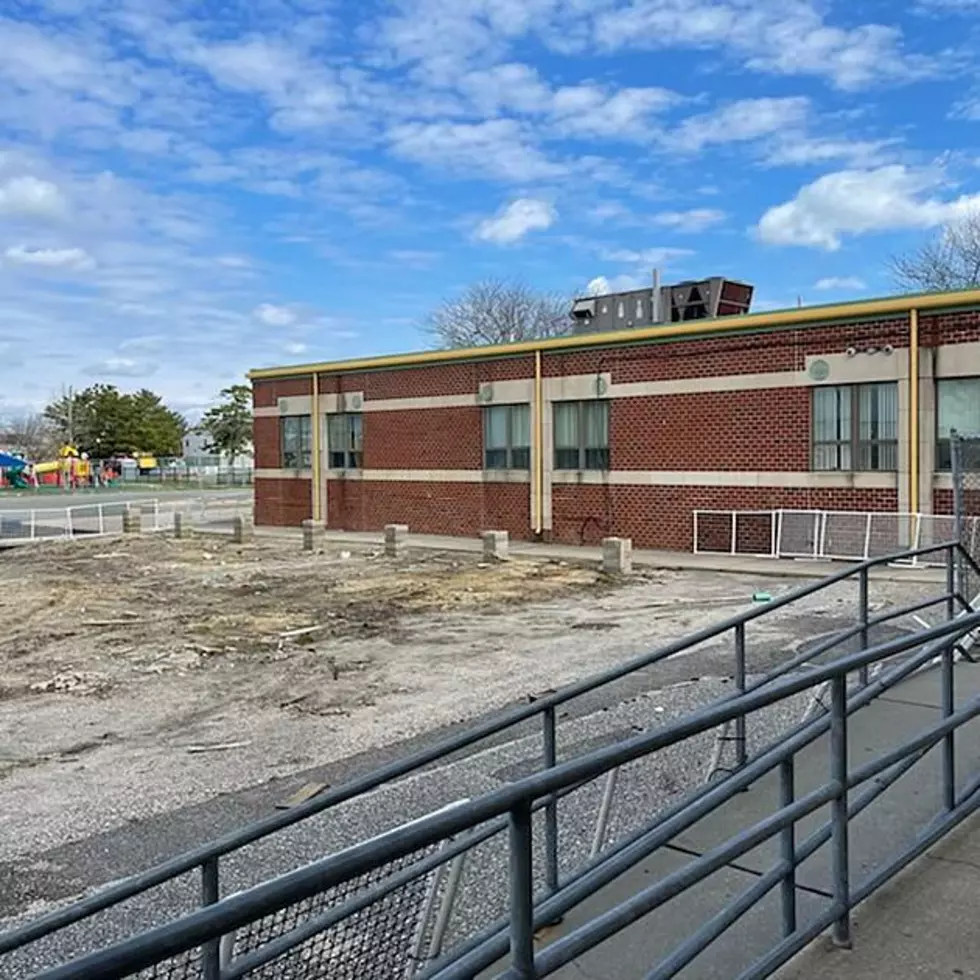
Medical Marijuana Plan: Home Delivery, Lounges, Taxed Longer
A significant expansion of New Jersey’s medical marijuana program was endorsed Monday by committees on both sides of the Legislature and could reach Gov. Phil Murphy’s desk by the end of the month.
The bill is being extensively rewritten and quickly advanced to Murphy’s desk just days after being detached from the more controversial idea of legalizing marijuana for recreational use by adults.
Changes to the bill would increase the amount of medical marijuana that could be bought each month from 2 ounces to 3 ounces. Delivery would be allowed, as would indoor and outdoor consumption areas.
The sales tax on medical cannabis would stay in place longer. The previous version of the bill phased it out slowly, starting in mid-2020 and ending it in mid-2024. Instead it would be charged in full through January 2025, and municipalities with a dispensary could add a 2 percent local transfer tax.
The bill was advanced 7-0 by the Senate health committee and 9-1 by the Assembly Appropriations Committee, with little debate at either hearing.
“The state is about to take a major step in the evolution of how medical marijuana is available to our citizens,” said Assemblyman John Burzichelli, D-Gloucester. “There is just clear proof of the value of having this choice available to people.”
Sen. Declan O’Scanlon, R-Monmouth, said that although some are disappointed that recreational marijuana is on hold at least through a November 2020 voter referendum, the medical program will now be able to expand and establish itself free of that competition for resources.
“While the bill is not perfect – I would do a home-grow pilot, I would phase out the tax if not immediately much quicker, maybe expand the amount people could get – it’s still light years ahead of our present program,” O’Scanlon said.
The amendments to the bill are extensive, running 106 pages in length. It took nearly 10 minutes for an Office of Legislative Services committee aide to read a summary of 35 changes when the bill was taken up by the Senate health committee.
Among the other latest changes:
- Allow for dispensaries and clinical registrants – a new entity that contracts with an academic medical center – to establish indoor or outdoor medical cannabis consumption areas. Smoking would not be allowed at indoor consumption areas.
- Delivery of medical cannabis to patients and their caregivers would be available, conducted by independent, third-party handlers certified by a new state Cannabis Regulatory Commission.
- The CRC would be able to set up an online service through which transfers between dispensaries and deliveries to patients could be requested and scheduled.
- The total number of medical cannabis cultivator permits would be limited to 23 during the first 18 months after the new law takes effect, including the six already in operation and six with preliminary approvals.
- Allow current and pending alternative treatment centers, or ATCs, to have up to three satellite dispensary locations.
- There would be a new permit type for medical cannabis wholesalers, authorized to acquire and resell medical cannabis.
- Applicants seeking to open an ATC would be required to file a community impact, social responsibility and research statement, as well as a diversity plan; they could also submit a prisoner re-entry program plan. ATC applicants with convictions for distributing less than 5 pounds of marijuana would not be disqualified.
- To expand the types of businesses that are licensed, one-third of each type of permits would be conditional permits and 10% of all permits are to be issued to microbusinesses
- Certain ATCs would not automatically be licensed for cultivation, processing and retail sales for recreational, adult-use cannabis, if and when that’s approved.
- All medical cannabis and products must have labels showing production date, strain, growth method, ingredients, storage requirements, allergen warnings and ATCs involved.
- A pediatric specialist could authorize a minor patient for medical cannabis, ending a requirement that such a doctor sign off on an authorization made by another practitioner.
- Edible forms are to be limited to forms that are medically appropriate for children.
- Revise reporting requirements for CRC to include driving under the influence offenses involving medical cannabis.
Kelli Hykes, director of government relations for Weedmaps, said that “the true benefits of cannabis reform will not have been achieved” until recreational marijuana is legalized. But she said the medical expansion will help minority and small business owners and help more patients.
“These patients that live in rental and communal housing will have a legal place to smoke cannabis due to the provisions of public consumption lounges,” Hykes said.
More From WPG Talk Radio 95.5 FM










